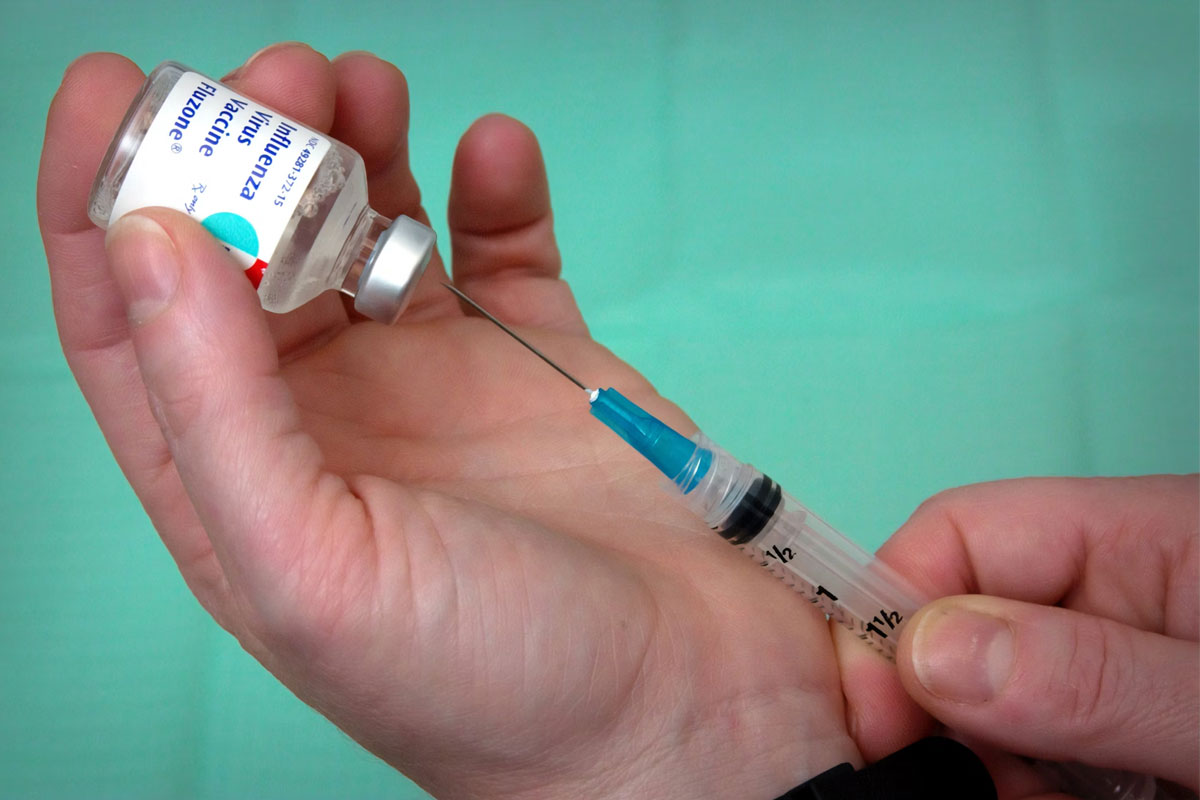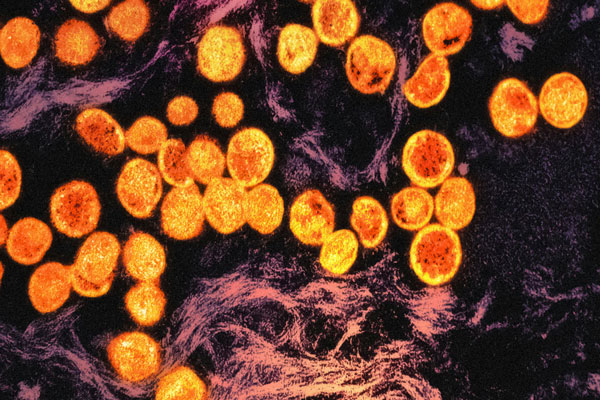Major new study finds no health risks from aluminium in childhood vaccines
A study of over one million children over 24 years found no increased risk of autism, asthma or autoimmune diseases in children receiving aluminium-containing vaccines.
- 24 July 2025
- 4 min read
- by Priya Joi

A landmark Danish study labelled the ‘largest and most definitive ever conducted’ by experts has found that aluminium added to childhood vaccines does not cause harm.
Aluminium has been added to vaccines for 70 years now to boost their effectiveness by triggering a stronger immune response. Yet anti-vaccination campaigners often cite the presence of it as a reason to be wary of vaccination.
The study’s sheer size, scope and rigour provide a powerful confirmation of what doctors and scientists have long said: that aluminium-containing vaccines are safe for children.
Analysing data from over 1.2 million children born in Denmark between 1997 and 2018, researchers found no link between exposure to aluminium in vaccines and a wide range of chronic diseases, including autism, asthma, allergies or autoimmune disorders.
Published in the Annals of Internal Medicine, the study’s sheer size, scope and rigour provide a powerful confirmation of what doctors and scientists have long said: that aluminium-containing vaccines are safe for children.
Comprehensive analysis
Denmark’s universal health registry enabled the research team, led by Anders Hviid at the Statens Serum Institut, University of Copenhagen, Denmark to track individuals from birth, linking every vaccination given to each child to their health outcomes over the years.
Over a 24-year span, the researchers monitored children for up to 5 years after receiving their vaccines, looking for any increase in 50 different chronic diseases, from autism and ADHD to eczema, juvenile arthritis, multiple allergies and dozens of autoimmune conditions.
The study found no statistically significant increase in risk for any of these health problems among children who received vaccines containing aluminium salts compared to those who received fewer such vaccines.
Real-world results
Aluminium has been used as an adjuvant in vaccines for nearly a century, as it enhances the immune system’s response. Humans encounter it daily, in food, for instance, and it is even found in breastmilk.
Although aluminium is not added to every vaccine, its presence in routine childhood immunisations has given rise to persistent concerns among some parents and anti-vaccine groups who have worried – contrary to scientific consensus – that it could overstimulate young immune systems or negatively affect brain development. These anxieties have been amplified by mis- and disinformation online.
Have you read?
The Danish study put these claims to the test in real-world conditions, as the country's immunisation programme changed over time to include different vaccines and, therefore, varying levels of aluminium exposure.
The researchers looked carefully for any patterns or dose-response effects in which children who received more vaccines containing aluminium were at an increased risk for any of the chronic conditions tracked.
They found no evidence of increased risk.
Welcome reassurance
Edward Belongia, a prominent vaccine safety scientist, told STAT News that the study is “the largest and most definitive observational study on the safety of vaccine-related aluminium exposure in children ever conducted.”
Matthew Daley, a paediatrician whose earlier research had raised unresolved questions about a link between aluminium and asthma, praised the Danish findings, noting that they should further reassure parents that the recommended vaccine schedule does not increase children’s risk of asthma.
The strength of this study lies in both its enormous sample size and the reliability of Denmark’s national health databases, which made it possible to follow nearly every child born in the country over more than two decades.
At a time of heightened concern about vaccine safety and the spread of misinformation, the findings are a decisive affirmation of the value and safety of routine childhood immunisations.
It is worth noting, however, that as with any large-scale observational study, there are limitations.
The Danish vaccine schedule does not perfectly match those of every country, and the study did not compare against groups of completely unvaccinated children, since it would be unethical to withhold routine immunisations. Nevertheless, its design allows for highly reliable conclusions within the context of standard paediatric care.
For parents and clinicians alike, the message from this landmark study is clear: vaccines that contain aluminium adjuvants are safe. At a time of heightened concern about vaccine safety and the spread of misinformation, the findings are a decisive affirmation of the value and safety of routine childhood immunisations.









